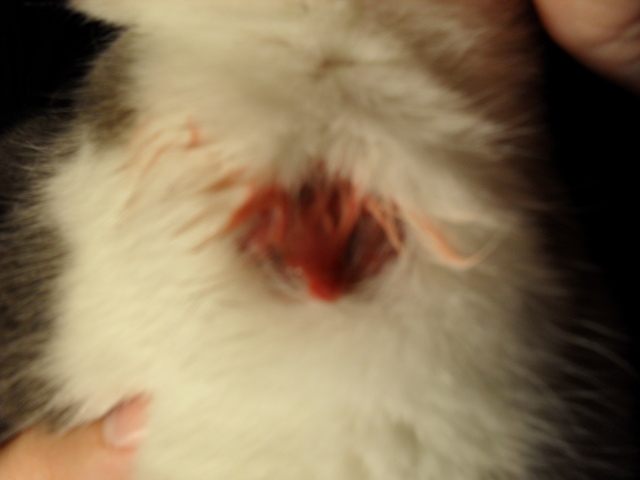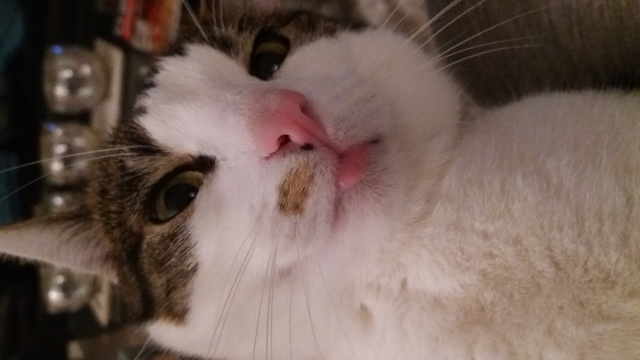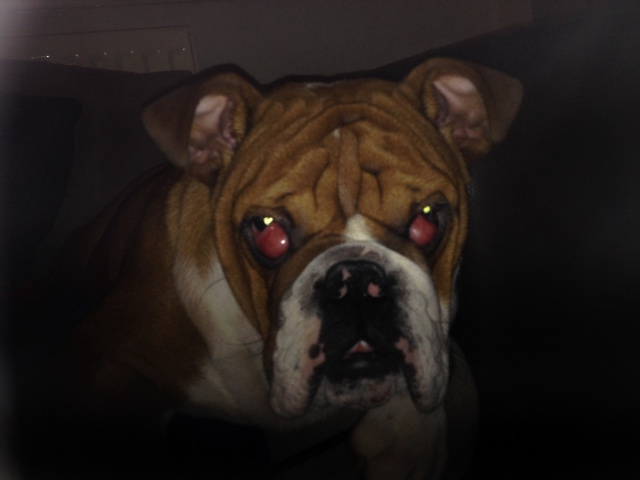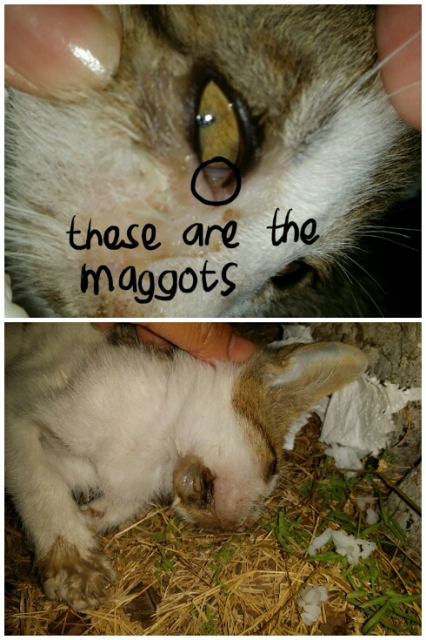QuestionMy Charlie is approx 6yrs old. We went to the beach 3 weeks ago and all was fine. Then while walking he started to limp with his right front paw. I couldn't see a cut and he didn't mind me feeling his poor it was as if it were numb. The next morning he jumped off my bed, but fell on the floor hard. Later that day he was walking unsteady like. The next day he couldn't walk at all. My Vet x-rayed him, shaved off all his hair and checked for ticks, took blood, temp and checked his heart. Nothing was detected all was good. Then the following day I took him back as he started gagging like he was choking. It was then when the Vet noticed his right eye wasn't reacting to light.
Do you think he has suffered a stroke?
This is the only explanation my Vet has offered.
AnswerHello Joy!
I would see if your vet could possibly do brain work, which would further indicate if your dog has had a stroke or not. The symptoms your dog is having is limping, possible numbness, unsteadily walking, then he couldn't walk at all.
The thought of your pet suffering a stroke may be frightening - but you should not be alarmed - strokes are often not as debilitating in animals as they are in people. With appropriate care your pet may do very well.
What is a stroke?
A stroke or cerebrovascular accident is the term used for the signs shown by an animal when the blood supply to the brain is reduced. There are two types of stroke:
Ischaemic stroke is caused by a sudden lack of blood supply to the brain and
Haemorrhagic stroke (or bleeding within the brain) is caused by a burst blood vessel.
More than any other organ, the brain relies on a constant blood supply to bring oxygen and nutrients and to remove waste products. If the blood supply to the brain fails brain function is severely disrupted (ischaemia) or parts of the brain destroyed (infarct) in a specific region of the brain fed by the affected artery.
The diseases causing ischaemic stroke can be broadly divided into those diseases causing narrowing of an artery (thrombosis) and diseases causing clogging of an artery by material coming from somewhere else in the body (embolism). In haemorrhagic strokes there may be leakage of blood within the brain tissue itself (intraparenchymal haemorrhage) or between the brain and the skull (subdural or subarachnoid haemorrhage). The site of the bleeding depends on the location of the affected blood vessel.
How do I know if my pet has had a stroke?
The signs of strokes in dogs and cats are often very different from those seen in man. In human stroke victims a drooping face or total paralysis on one side of the body are common signs but these are rarely associated with stroke in dogs and cats. More common signs include head tilt or turn, loss of balance, loss of vision, circling and falling. These signs are not specific for stroke and can be seen associated with other brain disease.
How will my vet know that my pet has had a stroke?
Your vet may suspect that your pet has suffered a stroke from the signs your pet is showing. In order to make a definite diagnosis your vet will need to do some further tests including imaging your pet's brain. In order to get a picture of the inside of the brain specialist scans such as CT (computed tomography) or MRI (magnetic resonance imaging) are needed. It is not possible to make this diagnosis using standard X-rays.
These tests require that your pet be anaesthetised and this will also allow a sample of spinal fluid (spinal tap) to be taken to check for other potential diseases that could cause similar signs. A diagnosis of stroke can be based on identification particular changes in the brain and ruling-out other diseases that could mimic a stroke (inflammation or infection of the brain, bleeding from a brain tumour or a metastatic tumour spreading to the brain). Once the diagnosis of stroke has been made, further tests will be needed to look for potential underlying causes for the stroke.
What causes strokes in dogs?
Ischaemic strokes have been associated with many medical conditions in dogs and cats: kidney disease, heart disease, under or over-active thyroid glands, Cushing disease, diabetes and high blood pressure (hypertension). Other less common causes of blockage of the blood vessels supplying the brain include clogging by a fragment of tumour, fat, parasites or spinal cartilage.
Despite thorough investigations, an underlying cause is not found in more than half of dogs with stroke.
Haemorrhagic strokes can be seen with diseases that interfere with blood clotting (angiostrongylosis (a kind of lung worm), some rodent poisons (warfarin-like products), immune-mediated thrombocytopenia, and congenital clotting diseases), disease causing high blood pressure (kidney disease, heart disease, Cushings or thyroid disease), inflammation of the arteries (vasculitis) or abnormal development of the blood vessel in the brain. Other causes of bleeding in the brain include head trauma, bleeding from a brain tumour or from a tumour spreading to the brain (especially common with tumours of the spleen).
Is there any treatment for stroke?
Once a stroke has occurred there is no specific treatment that can repair the damage done to the brain. Efforts should be concentrated on identifying a potential cause for the stroke and, if a cause is found, treating it to prevent further strokes. Good nursing care is essential for recovery.
Will my pet get better?
Although there is no specific treatment for stroke, most dogs and cats tend to recover within a few weeks. However recovery may not be possible if the stroke has affected a vital part of the brain. The long-term outlook and chances of another stroke depend on what has caused the stroke and whether this can be treated.
Also, I would recommend getting another opinion from a different veterinarian in your area.
I hope Charlie gets betters and that this information helps! Please keep me updated on how he's doing! Sending wagging tails your way! ...Nikki...

 My Cat Has some kind of abrasion
Question
The abrasion
I noticed my cat had some
My Cat Has some kind of abrasion
Question
The abrasion
I noticed my cat had some
 quries abut my pug
Question
image645.jpg"
my pug puppy name to
quries abut my pug
Question
image645.jpg"
my pug puppy name to
 cats lip
Question
swollen lip
Hi there. I dont know if th
cats lip
Question
swollen lip
Hi there. I dont know if th
 Eye problem
Question
Ronnie
Hi,
I have a 6 month old englis
Eye problem
Question
Ronnie
Hi,
I have a 6 month old englis
 Information
Question
MY BABY
Hello there. I was just a conce
Information
Question
MY BABY
Hello there. I was just a conce